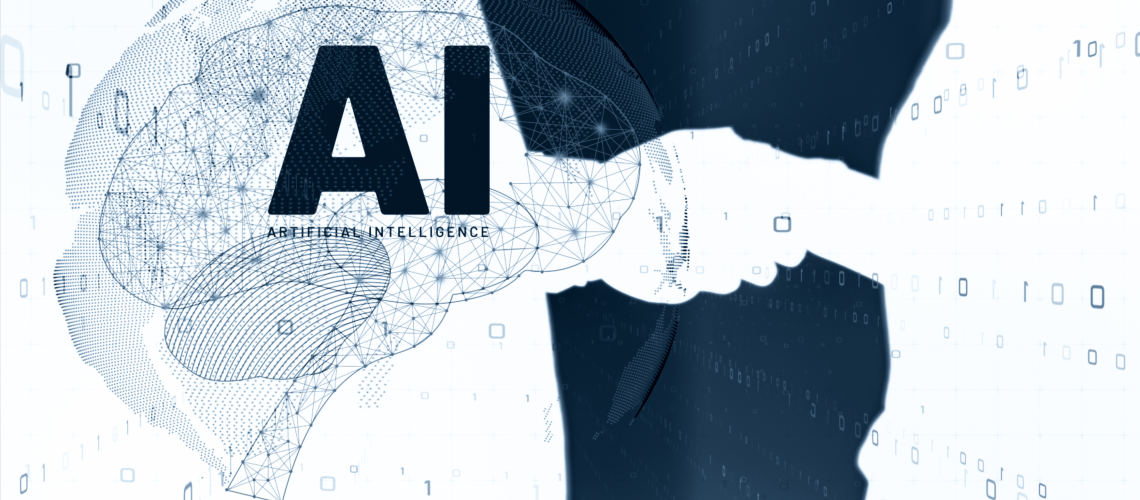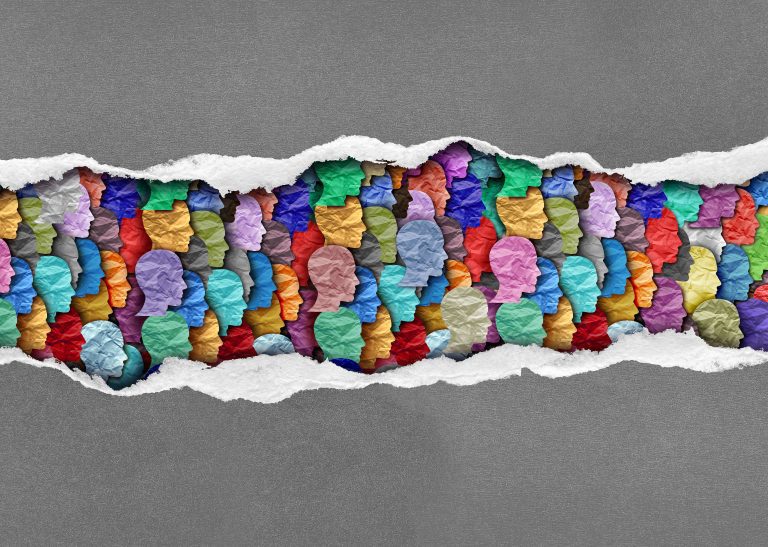AI Tools Transforming Recruitment in 2025
The hiring landscape is changing quickly. Today’s recruiters face a fierce talent market, and job seekers must work harder than ever to stand out. In 2025, artificial intelligence (AI) is at the forefront of these changes. Companies are using AI to speed up the hiring process, improve candidate matching, and reduce bias. At the same time, AI tools for job seekers help polish candidates’ resumes, apply for roles automatically, and prepare for interviews.
This article explores the various AI tools that are transforming recruitment and talent acquisition. We will break the discussion into two main parts: tools for HR professionals and tools for candidates. Each section explains the technology, provides examples of popular platforms, and discusses how these tools fit into today’s hiring process.
AI Tools for HR Professionals
AI Resume Screening
Recruiters receive hundreds of resumes for each job posting. AI resume screening tools help sort these applications quickly. They scan resumes for keywords, skills, and qualifications that match job requirements.
- How It Works:
The software uses machine learning algorithms to evaluate each resume. Over time, it learns which resume features are linked to successful hires. This continuous learning means the screening process becomes more accurate as more data is processed.
- Benefits:
Recruiters save valuable time. They can focus on engaging with strong candidates rather than sorting through large volumes of applications.
AI Candidate Sourcing
Finding the right candidate goes beyond reviewing resumes. AI candidate sourcing tools search public databases, job boards, and professional networks to build a list of qualified candidates.
- How It Works:
These tools use advanced filters based on location, experience, skills, and even personality traits. They identify both active and passive candidates who might be a good fit for the role.
- Benefits:
Recruiters can discover talent that might have been overlooked. It opens up a larger talent pool and reduces the time spent manually searching for potential hires.
AI Interview Analysis
Early interview stages are often the most time-consuming. AI interview analysis platforms step in to streamline this process.
- How It Works:
During video or audio interviews, the AI asks a standard set of questions. It records responses and uses voice analysis, facial recognition, and text analysis to evaluate candidates. The tool generates a report or score, helping recruiters determine which candidates should move to the next stage. - Benefits:
This technology provides consistent evaluations for every candidate. Recruiters receive a data‑driven summary that highlights strengths and potential areas for improvement.
Integrating AI with Existing HR Systems
Modern HR departments use applicant tracking systems (ATS) to manage recruitment. Many AI tools now integrate with these systems seamlessly.
- How It Works:
When AI tools connect with an ATS, they enhance the existing workflows by providing real‑time insights and automatically updating candidate records. - Benefits:
This integration makes the entire recruitment process more efficient, reducing manual data entry and ensuring that the hiring team has up‑to‑date information at every stage.
AI Tools for Job Candidates
AI Resume Builders
A polished resume is crucial for standing out. AI resume builders help candidates craft effective resumes quickly.
- How It Works:
Candidates input their work history, education, and skills. The tool then suggests improvements, such as stronger action words and relevant keywords that align with job descriptions.
- Benefits:
This ensures that resumes are not only professional but also optimized to pass through AI resume screening systems used by employers.
Auto‑Apply Platforms
Manually applying for jobs can be time‑consuming. Auto‑apply platforms automate the submission process.
- How It Works:
After linking your professional profile, these platforms automatically search for roles that match your criteria. They fill out application forms and submit your resume on your behalf.
- Benefits:
Job seekers can reach more employers without the repetitive work of submitting applications individually. This helps keep track of all your applications in one dashboard.
Mock Interview Practice
Preparing for interviews is a critical part of the job search. Mock interview platforms offer a chance to practice in a simulated environment.
- How It Works:
These platforms ask you common interview questions and record your responses. One notable tool is Final Round AI. It simulates realistic interview scenarios, provides instant feedback on your performance, and suggests ways to improve your answers and delivery.
- Benefits:
Regular practice builds confidence and hones your interview skills. With data on your performance, you can target areas for improvement before a real interview.
Personalized Feedback and Growth
Many AI tools provide data-driven insights that help candidates understand their strengths and weaknesses.
- How It Works:
Feedback is usually presented in an easy-to-read format. For example, after a mock interview, you might receive scores on clarity, tone, and body language. Suggestions might include practicing with more detailed answers or working on maintaining eye contact during video interviews.
- Benefits:
This personalized feedback is invaluable. It allows you to track progress over time and make incremental improvements, which can lead to better performance in real interviews.
Future Trends in AI-Driven Hiring
Enhanced Soft-Skill Evaluation
While current tools excel at screening technical skills and factual answers, the next generation of AI will focus more on evaluating soft skills. These include teamwork, adaptability, and creative problem-solving.
- What to Expect:
Future platforms may incorporate scenario-based assessments and group interactions to measure these less tangible qualities.
Greater Integration and Interoperability
The continued development of AI means even tighter integration with existing HR tools.
- What to Expect:
In the near future, AI platforms will offer a more seamless experience—from sourcing and screening to interview analysis and onboarding. This will create a unified system where data flows effortlessly between different stages of the hiring process.
Expanding Access for All Organizations
As AI tools become more affordable, even small and mid-sized companies will have access to sophisticated recruitment technology.
- What to Expect:
This will level the playing field, allowing companies of all sizes to compete for top talent and make hiring decisions that are both faster and fairer.
Conclusion
In 2025, AI is fundamentally reshaping the job and talent acquisition industry. Recruiters benefit from tools that speed up resume screening, improve candidate sourcing, and provide consistent interview evaluations. These technologies free up HR professionals to focus on the human elements of hiring—such as building relationships and making final decisions.
At the same time, job seekers have access to AI-powered resources that help them polish resumes, apply to jobs more efficiently, and prepare for interviews through simulated practice.
The integration of AI into HR systems is set to continue, making the recruitment process more efficient and transparent for everyone involved. As organizations and candidates adapt to these technological advancements, the future of hiring looks to be faster, fairer, and more effective. Staying informed about these tools and trends is essential for both recruiters and job seekers aiming to succeed in today’s competitive market.
Guest writer
Editor’s note: Labour legislation differs from country to country so readers are advised to check with legal practitioners in their country for legal advice that is relevant to their circumstances.


























